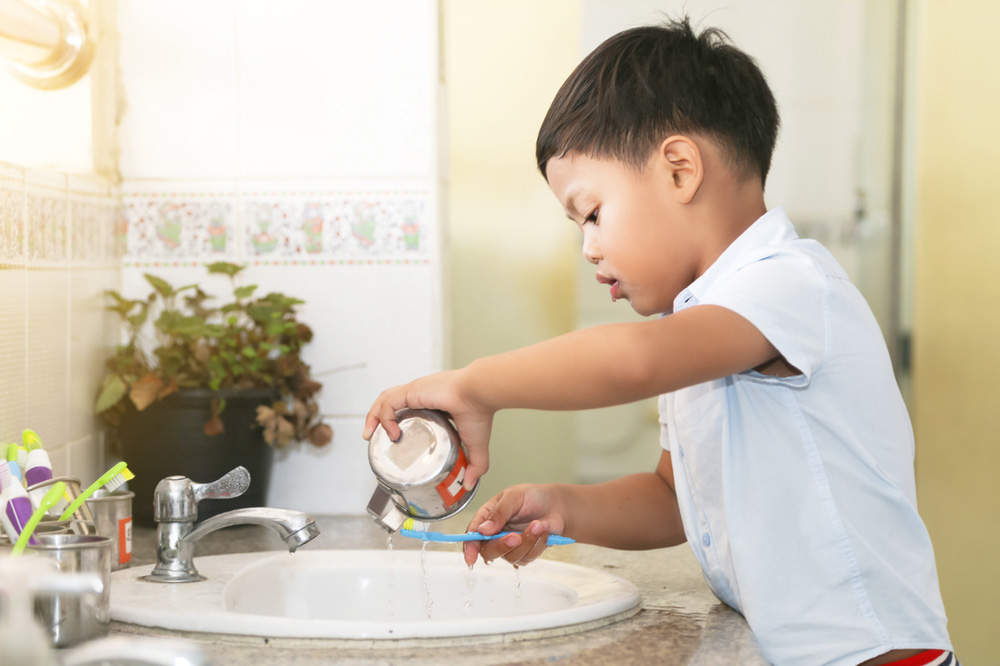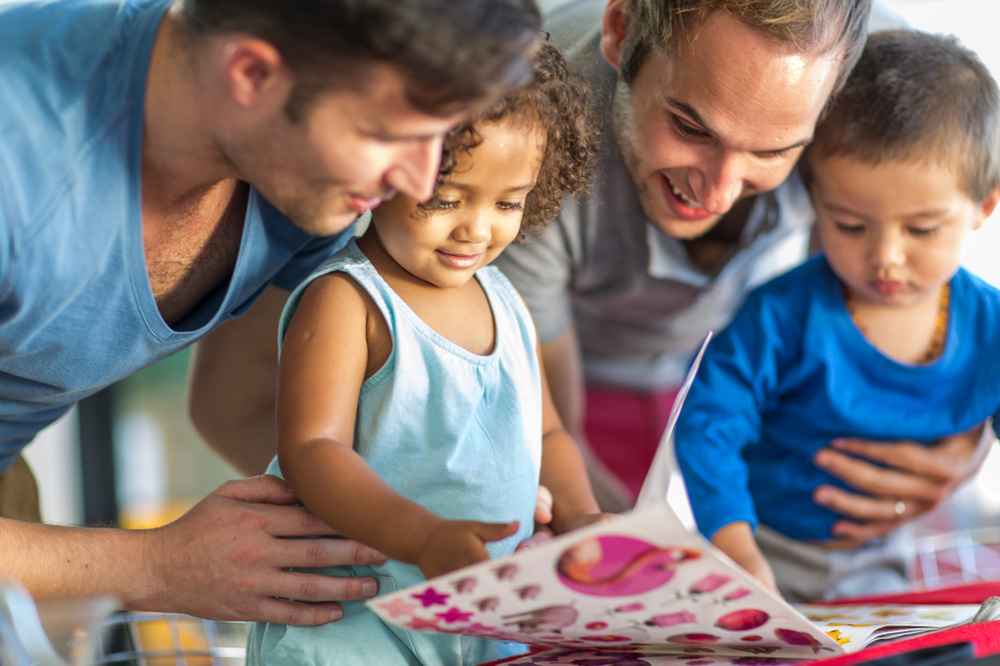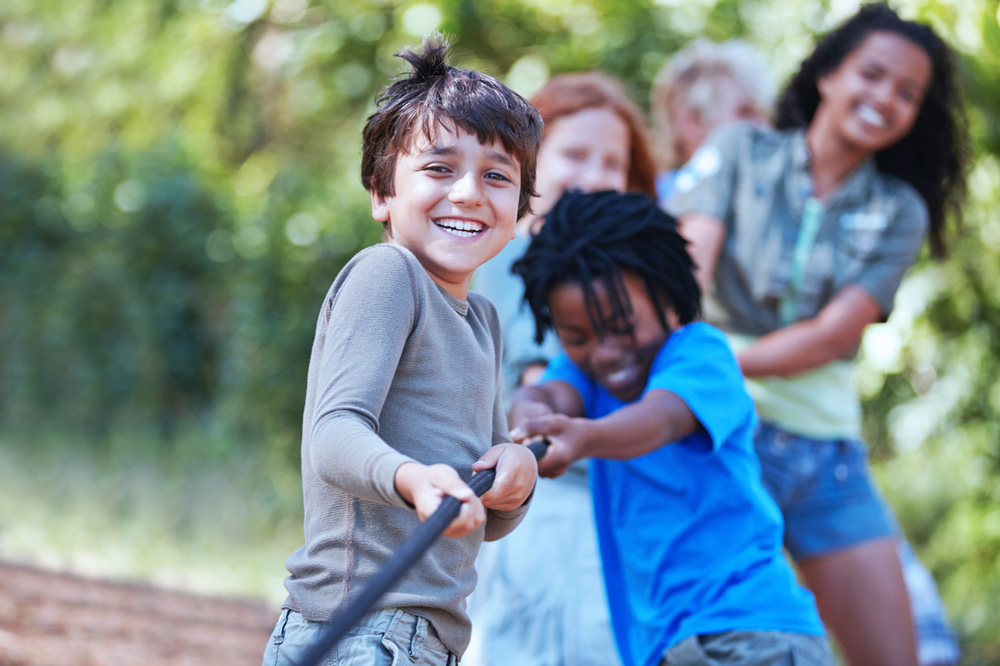How Can Kids Learn Self-Care?
In recent years, we’ve established the value of self-care and how it leads to an overall better quality of life. According to accumulated research and studies on human behavior, self-care is defined by the ability to care for oneself through awareness, self-control, and self-reliance in order to maintain optimal health and well-being. Here are some great ways for parents and caregivers to help young children learn the basics of self-care:nn Here are some great ways to help them learn the basics of self-care. Teach Them Basic Body Care Taking care of one’s physical needs can be the first step to teaching your child self-care. Smaller tasks like washing their hands, dressing and undressing, and brushing their own hair and teeth will help them feel empowered to take care of their bodies. Educating them now about the importance of basic hygiene will help them learn responsibility as they grow.

Develop a Family Routinen Routine plays a crucial role in self-care, because children tend to thrive on routines. In fact, experts in early childhood education explain that sticking to a schedule — bath, brushing teeth, reading stories, and tucking in, for example — can lead to better nighttime sleep. Routines can give young children a sense of security, and having predictable tasks throughout the day helps limit anxiety and allows them to focus on developing other skills. As they grow older, they will understand the importance of order and familiarity, and strive to stick to routines.Encouraging Communication Children tend to find even the smallest of changes quite daunting. For those transitioning into a preschool setting, let them openly communicate their feelings. Begin by asking how they’re feeling, validate them, and respond in a calm and patient manner. “You’re feeling sad…I know we will miss each other while you are at school and mommy is at work, but mommy will pick you up this afternoon.”

Checking in with the School Counselorn n Today, school counselors play a pivotal role in the development of young children and will have been trained in a wide range of social issues to help them deal with concerns both inside and outside of school. Most school counselors will have taken a course in social work, and gone onto specialize in child welfare. As part of their training they will be equipped to handle the engagement, assessment, intervention, and evaluation necessary for developing children. Your child’s school counselor can reinforce positive attitudes in a child about their self. By teaching your children that they have someone to lean on in school if they have any difficulties, they will be much more confident in the school environment.nn Allowing Them Some Downtimen At an early age, you can teach your child that sometimes the best self-care practice is to rest and have some downtime. Having a healthy balance between productivity and downtime allows them to have energy to pursue their curiosities and interests.. Studies show that children who are overscheduled or expected to be ‘gifted’ children often feel overwhelmed and pressured — this can lead to several behavioral issues and emotional burdens reaching up to their teenage years and even adulthood.

Every child and every family is different, so there’s no definite path to teaching the younger ones self-care. But through maintaining open communication, cultivating an accepting household, and reinforcing healthy habits, your kids will slowly learn the ins and outs of self-care.
~ Especially written for Smart Beginnings by Jasmine Bobson
Jasmine Bobson is an advocate and teacher who’s deeply passionate about early childhood education. When she isn’t teaching, her favorite thing to do is head to the park or hiking trails with her partner and two kids.
